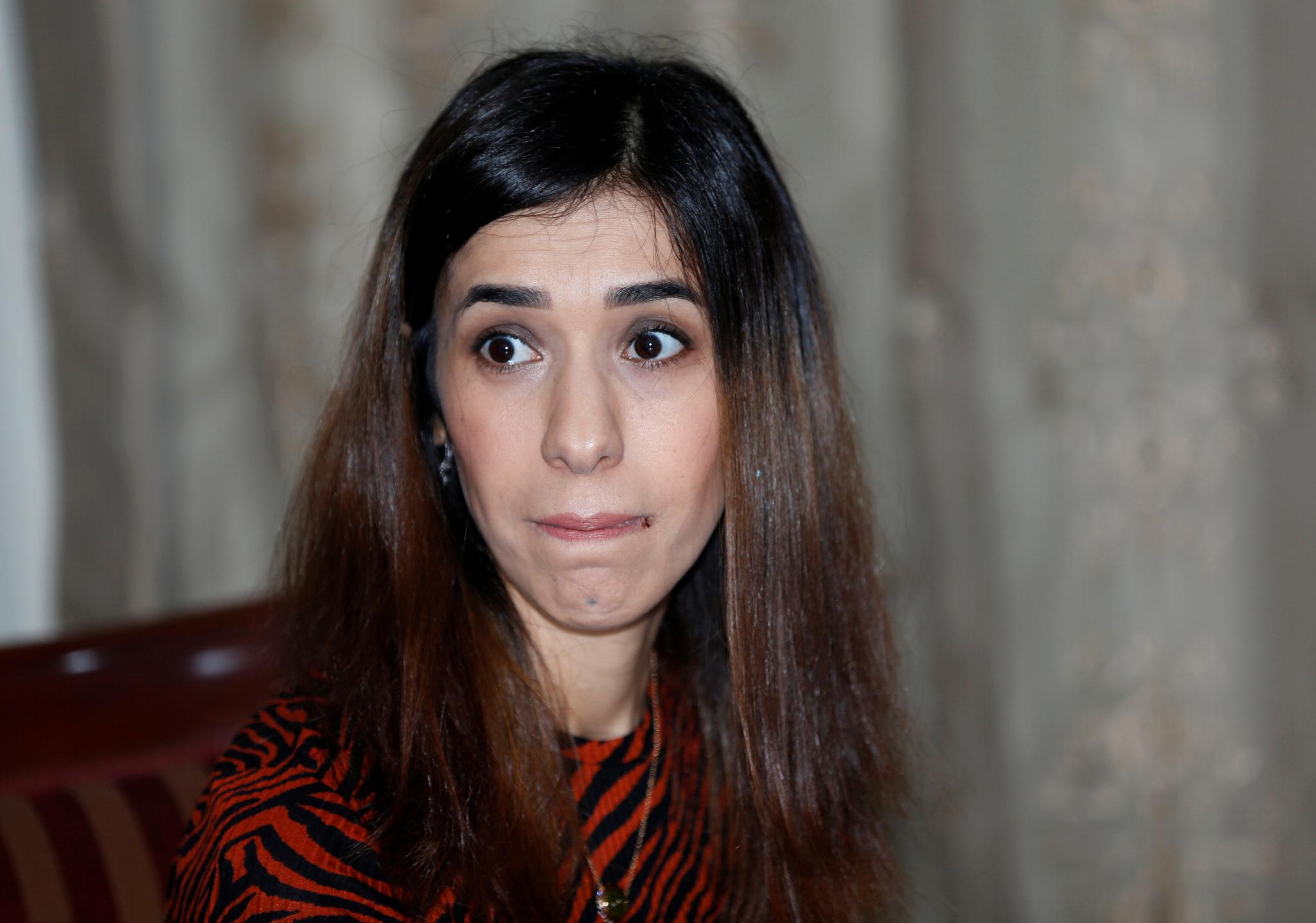Taking into account the raison d’être of the vaccine against covid-19, the nature of the virus and the behavior of the child in the face of the disease, I do not consider it a priority to include children under 6 years of age in a mass vaccination program.
Neither a priority nor, perhaps, ethical, given that developing countries or countries without access to basic healthcare cannot even consider this dilemma.
Order of priorities
To argue this, let’s start at the beginning. With the Hippocratic premise in Medicine of First, do no harm (“First do no harm”), medical actions will be directed in the following order of priority to: prevent, cure, improve, avoid suffering and promote comfort during the outcome of diseases in general.
Vaccination has been since its inception with Dr. Jenner (1796, smallpox vaccine) the only existing tool to primarily prevent the appearance of infectious diseases such as smallpox, polio, measles, yellow fever, etc. And thanks to them countless lives have been saved. From smallpox in 1796 to the SARS-CoV 2 virus in 2021.
With the active immunization of the population, public health developed significantly, and with this, epidemiology, a very important discipline for today’s medicine.
Vaccines have decreased mortality from covid-19
The foundation of vaccines is none other than to generate a clear benefit against contagious diseases in relation to their severity (high mortality or disability) and with minimal side effects.
Currently, it is beyond any doubt that vaccines against covid-19 have reduced mortality from this disease in less than a year. And therefore, they protect us effectively and efficiently against the cause of this pandemic.
But, to all? At this time, the age limit for recommendation for global vaccination against covid-19 is above 12 years.
In a previous article titled Why it still doesn’t make sense to vaccinate children against COVID 19 described the degree of involvement and transmission in children according to the medical literature. The conclusion he came to was that children have a mortality and a degree of contagiousness much lower than that of adults. And that has not changed.
However, by now, they are quite advanced. the different clinical trials in children under this cut-off age. Moreover, the first results indicate a very good immune response to the messenger RNA vaccines against the SARS-CoV2 virus, with which its recommendation in children between 6 and 12 years of age is expected very soon.
Vaccinate under 6 years, yes or no?
Under 6 years there are also ongoing clinical trials there are also ongoing clinical trials, in which they collect the response to the messenger RNA vaccine in children over 6 months of age. It is still the evaluation phase but predictably with a similar efficiency to the previous group.
However, taking into account the rationale behind the vaccine, the nature of the covid-19 virus and the child’s behavior in the face of the disease, it would not be a priority to include children under 6 years of age in a mass vaccination program.
It would be indicated in those children with chronic diseases such as respiratory, cardiovascular, neurological, endocrine-metabolic (diabetes, obesity), onco-hematological, renal and congenital or acquired immunosuppressive diseases (transplanted, rheumatological). Especially since it has been seen that the few deceased children correspond to this risk group.
Very similar, by the way, to the risk group of adults in whom the administration of a third dose is currently recommended.
Approximately 17.5% of Spaniards have rejected the vaccine
In Spain, with current coverage of the two-dose vaccine, around 80% of the population over 12 years of age is found (the second best in Europe, and one of the best worldwide). The population of children in our country with an age of 0 to 6 years (included) corresponds to 6% of the total population, and from 6 to 12 years of 6.25% (according to demographic data from INE 2020).
If the population over 12 years old corresponds to 87.75% of the total (100% – 12.25% under 12 years old), 20% of this unvaccinated group over 12 years old corresponds to 17.5% of the total Spanish population .
The inclusion of children under 12 years of age suggests that it is sought in childhood to cover that minority who, for various personal reasons, have not been vaccinated (12.25% of children under 12 years vs 17.5% rejection of the vaccine) .
If, in addition, the great imbalance in access to vaccines in the world is associated, countries that do not even reach 5%, the questions arise alone. Is it really ethical to vaccinate the smallest against covid-19 as the world vaccination rate is going? And another key question: will the parents of children under 6 years of age accept to vaccinate them?
The effort to convince the legal guardians of these children will have to be important on the part of the health institutions of highly developed countries, or at least argue it very well.
Meanwhile, developing countries or countries without access to basic sanitation do not face this dilemma, since their needs are much more urgent with other contagious diseases, sanitation of water for human consumption or access to food.
–


